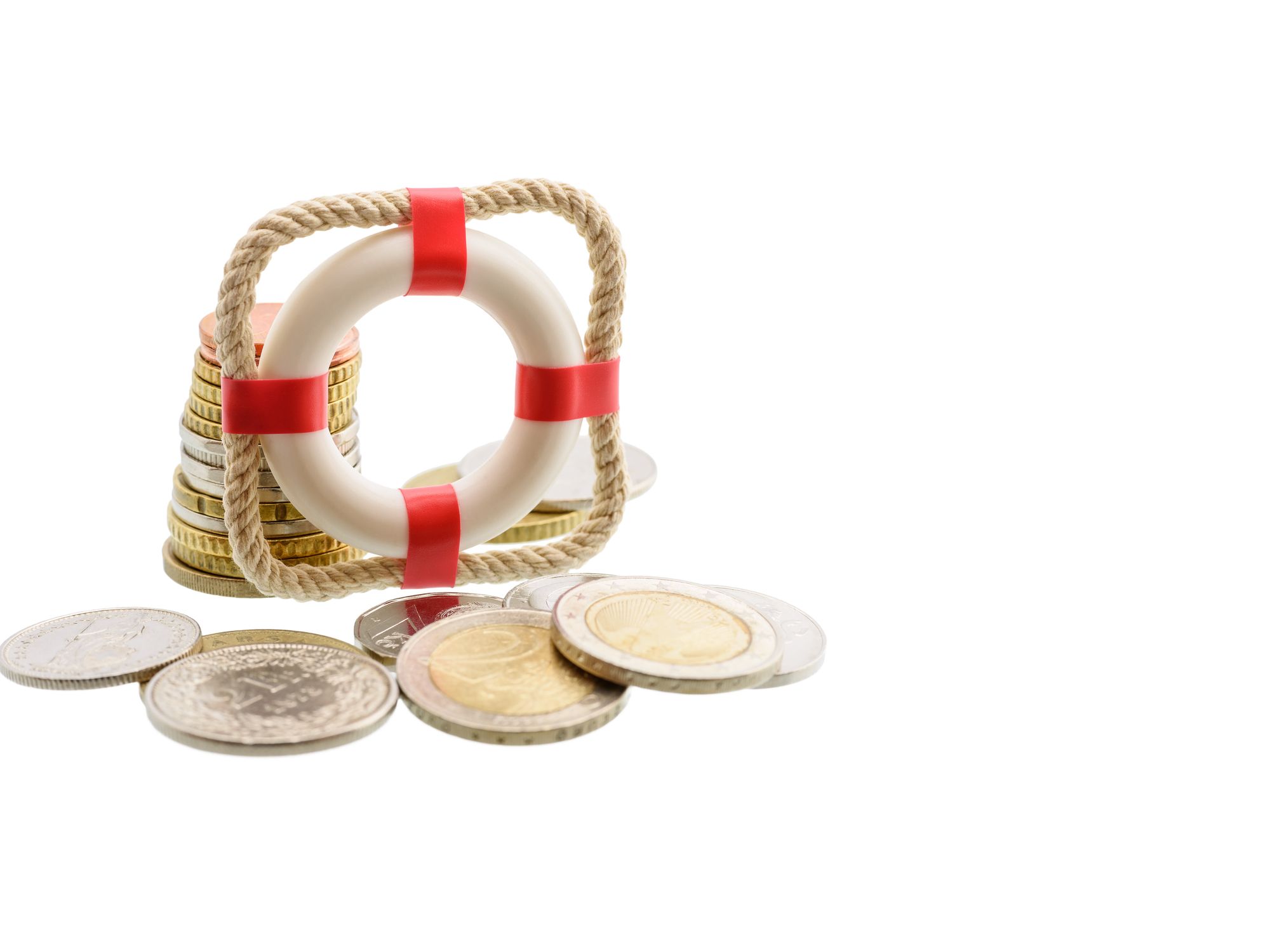Which Startups Qualify For Emergency Federal Assistance? It May Depend on Their Investors
Ben Bergman is the newsroom's senior finance reporter. Previously he was a senior business reporter and host at KPCC, a senior producer at Gimlet Media, a producer at NPR's Morning Edition, and produced two investigative documentaries for KCET. He has been a frequent on-air contributor to business coverage on NPR and Marketplace and has written for The New York Times and Columbia Journalism Review. Ben was a 2017-2018 Knight-Bagehot Fellow in Economic and Business Journalism at Columbia Business School. In his free time, he enjoys skiing, playing poker, and cheering on The Seattle Seahawks.

Baffled by the restrictions and sensing a race against the clock until they run out of cash or the program does, small businesses are scrambling to apply for government-backed loans to keep their companies afloat.
The requirements are especially confusing for venture-backed companies, many of which could be excluded from help under the original working of the $2 trillion stimulus package signed into law last week in response to the Covid-19 pandemic.
"The stress of this is just tremendous because the money will be gone in a flash," said the owner of a company in downtown L.A. who preferred to remain anonymous because he did not want to alarm his employees. "No one knows what the rules are and this could mean the difference in my firm having to lay people off and not."
Friday is the first day businesses with fewer than 500 employees can apply for loans of up to $10 million under the Small Business Administration's Paycheck Protection Program.
Anxious startup founders received the news they were hoping to hear Thursday when House Minority Leader Kevin McCarthy (R-Calif.) told Axios it was his expectation that the Treasury Department would issue new guidance in the next "day or two" that makes startups eligible for relief.
"I just got off the phone with Treasury Secretary Mnuchin and this is going to be solved," McCarthy said.
But lawyers following the daily twists and turns of interpreting the hastily written legislation say it is too early for startups to breathe a sigh of relief.
"This remains an extremely fluid situation with new information being released daily," said Michael Avent, a partner at Perkins Coie LLP. "It is my hope that we will have clarity on these issues before the SBA begins accepting applications, but that is far from certain at the moment."
Startup founders are eager for a resolution, worrying if they act too soon the rules won't be solidified and if they wait the program, or their business, might run out of money.
"I'm hopeful we will qualify but I'm not counting on it," said Sofya Polyakov, CEO & Co-Founder of the Noun Project. "I'm in daily communication with our legal team but there's still not enough clarity on whether we would qualify."
The uncertainty stems from an "affiliation rule" that would require startups to count all the employees of other startups that their VC investor has backed, likely putting many startups over the 500-employee threshold, even if the companies are completely separate.
"The hard part is you have to look at affiliates and what it means to be an affiliate," said Avent.
In general, he said companies with a long roster of angel investors will have an easier time qualifying, which are usually early-stage startups. But Avent cautioned, "there are certainly companies that are very young and received venture funding at a very early stage," which could be problematic.
"The less likely that you have one investor that exercises control the better your chances of escaping affiliation," he added.
Another issue, especially for startups in expensive cities like Los Angeles, is that salaries are only covered up to $100,000, which leaves out most tech workers.
Christine Outram, CEO of Everydae, a seed stage digital tutor for high school students, estimates that the payroll protection would only cover two of her six employees.
"I don't want to lay anyone off, " said Outram. "I want to pay people."
- paycheck-protection-program - dot.LA ›
- Coronavirus Updates: California Unemployment Claims at 1.9M ... ›
- Mnuchin: Stimulus Package Unlikely Before Election - dot.LA ›
Ben Bergman is the newsroom's senior finance reporter. Previously he was a senior business reporter and host at KPCC, a senior producer at Gimlet Media, a producer at NPR's Morning Edition, and produced two investigative documentaries for KCET. He has been a frequent on-air contributor to business coverage on NPR and Marketplace and has written for The New York Times and Columbia Journalism Review. Ben was a 2017-2018 Knight-Bagehot Fellow in Economic and Business Journalism at Columbia Business School. In his free time, he enjoys skiing, playing poker, and cheering on The Seattle Seahawks.




 Image Source: Skyryse
Image Source: Skyryse
 Image Source: Northwood Space
Image Source: Northwood Space